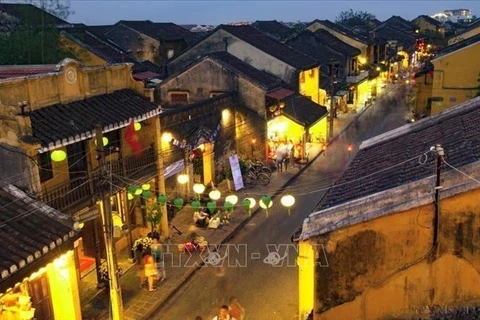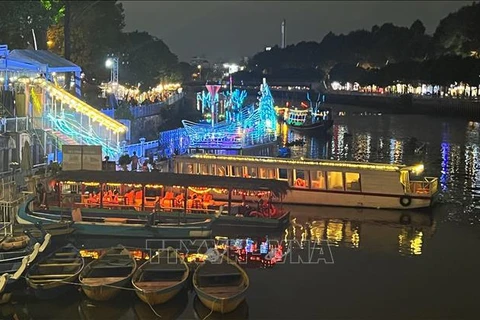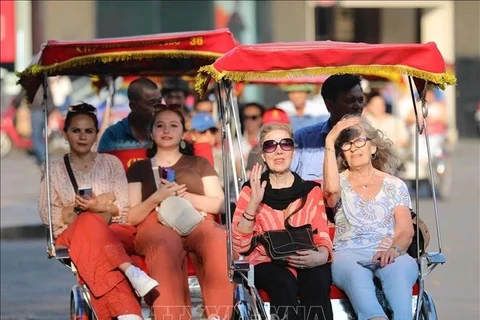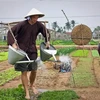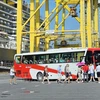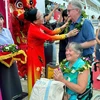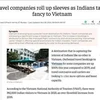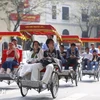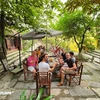
Hanoi (VNA) – As Vietnam is looking for ways to lure more international visitors, an “open door” visa policy is seen as a lever that helps the country reach its set target, according to insiders.
Vietnam’s goal of 18 million foreign arrivals is feasible since the country welcomed nearly 7.6 million ones in the first five months of this year, representing an increase of 65% compared to same time last year, and 3.9% against the five-month span in 2019, the time before the COVID-19 pandemic.
The country was the third fastest growing destination in Asia for European visitors, following Malaysia and Japan, according to a tally of accommodation searches on the Agoda travel platform in April. It witnessed a 66% increase in travel searches from European tourists, with the highest figures from France, Germany, the UK, the Netherlands, and Spain.
However, experts said there is a huge workload that needs to be done if Vietnam wants to become a leading destination in the region.
They elaborated that regional peers have capitalised on their relaxed visa policies to attract foreign tourists, including Thailand that has rolled out various flexible mechanisms.
Following its five-month visa-free scheme for Chinese tourists, Thailand has shaken hands with China to permanently waive visa requirements for each other’s citizens from March this year. It has also made significant changes to its visa policies to attract long-haul visitors with the extension of visa-free stays from 30 to 60 days for travellers from 93 countries, up from the previous 57.
From mid-August 2023, Vietnam has issued electronic visas to citizens of all countries, extending temporary stay periods from 30 to 90 days with unlimited entries and exits. Although the visa extension policy is a bold step, it is less attractive than that of several regional countries.
Chairman of Lux Group Pham Ha suggested Vietnam focus on wooing tourists from well-heeled markets such as Australia and New Zealand by providing them with visa waivers and enchanting tourism offerings.
Along with rational promotion campaigns, it is necessary to improve the management of the tourist destinations to ensure sustainable tourism development, he added.
Meanwhile, Sales Director at Sun Hospitality Group Luu Thi Hoang Lan recommended that the Vietnam National Authority of Tourism play the role of a “conductor” to carry out promotion programmes in key and potential foreign markets, mobilise the participation of local tourism sites, airlines and large travel firms, and build competitive products.
She suggested the opening of new international air routes to such important destinations as Phu Quoc, Da Nang, Quang Ninh, and Nha Trang to diversify tourism markets and lessen dependence on traditional ones like China and the Republic of Korea./.
